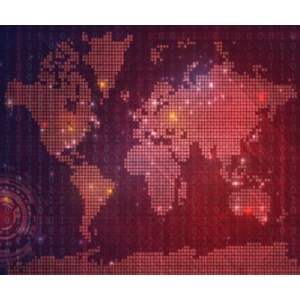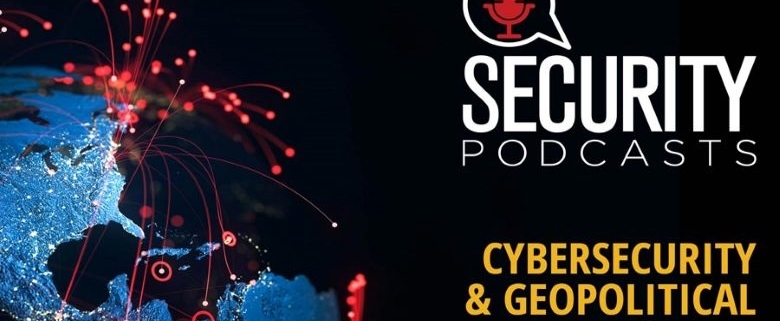Bitcoin and Geopolitical Rivalry | Geopolitical Monitor
Bitcoin, the flagship stateless cryptocurrency, is a double-edged sword that can either strengthen or harm national power. As financial warfare becomes increasingly complex, this decentralized cybercurrency is acting as a versatile strategic instrument of statecraft that can play various roles under confrontational geopolitical circumstances. This under-researched subject matter needs to be clarified because it entails meaningful implications for national security, strategic intelligence, foreign policy and grand strategy, but also for the domain of high finance. In order to provide a sharper sense of situational awareness, the following article integrates strategic forecasts that attempt to predict the hypothetical usefulness of Bitcoin for conflicts with scrutiny of illustrative contemporary examples that point in a similar direction.
Analysis of Hypothetical Applications
BTC circuits as conduits to bypass sanctions
Bitcoin can offer a potential lifeline for states under sanctions that need to ensure the continuity of their international economic exchanges. Since the BTC grid cannot be controlled by the coercive or restrictive power of national states, its borderless circuitry provides secondary financial arteries worth harnessing to bypass sanctions that limit the ability to carry out cross-border transactions and transfer wealth through more conventional platforms ‒ anchored to major reserve currencies ‒ that enable international payments. An additional advantage of decentralized virtual currencies for sanctioned states is their discretion. They offer covert gateways to engage formal financial systems or even to avoid them altogether if necessary. In other words, it is difficult to determine if sanctions are being neutralized through cryptocurrencies like BTC.
Furthermore, despite their drawbacks ‒ including wildly volatile exchange rates ‒ nonstate cryptocurrencies like BTC are helpful to evade sanctions thanks to their growing transnational projection, their unsupervised channels, and their lack of centralized nerve centers that could be politically threatened, co-opted, or influenced. An academic essay written by US military officer Deane Konowicz for the US…



